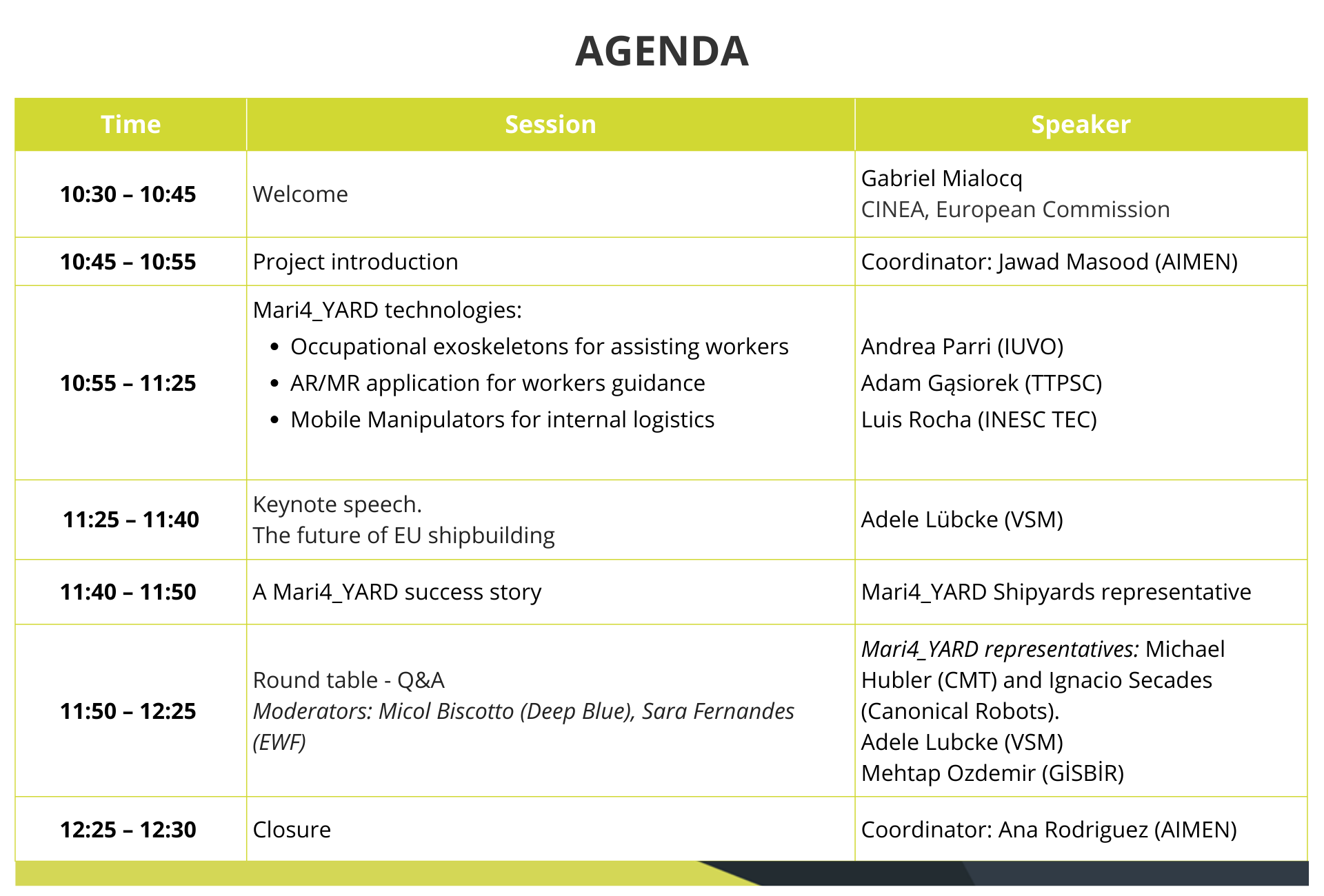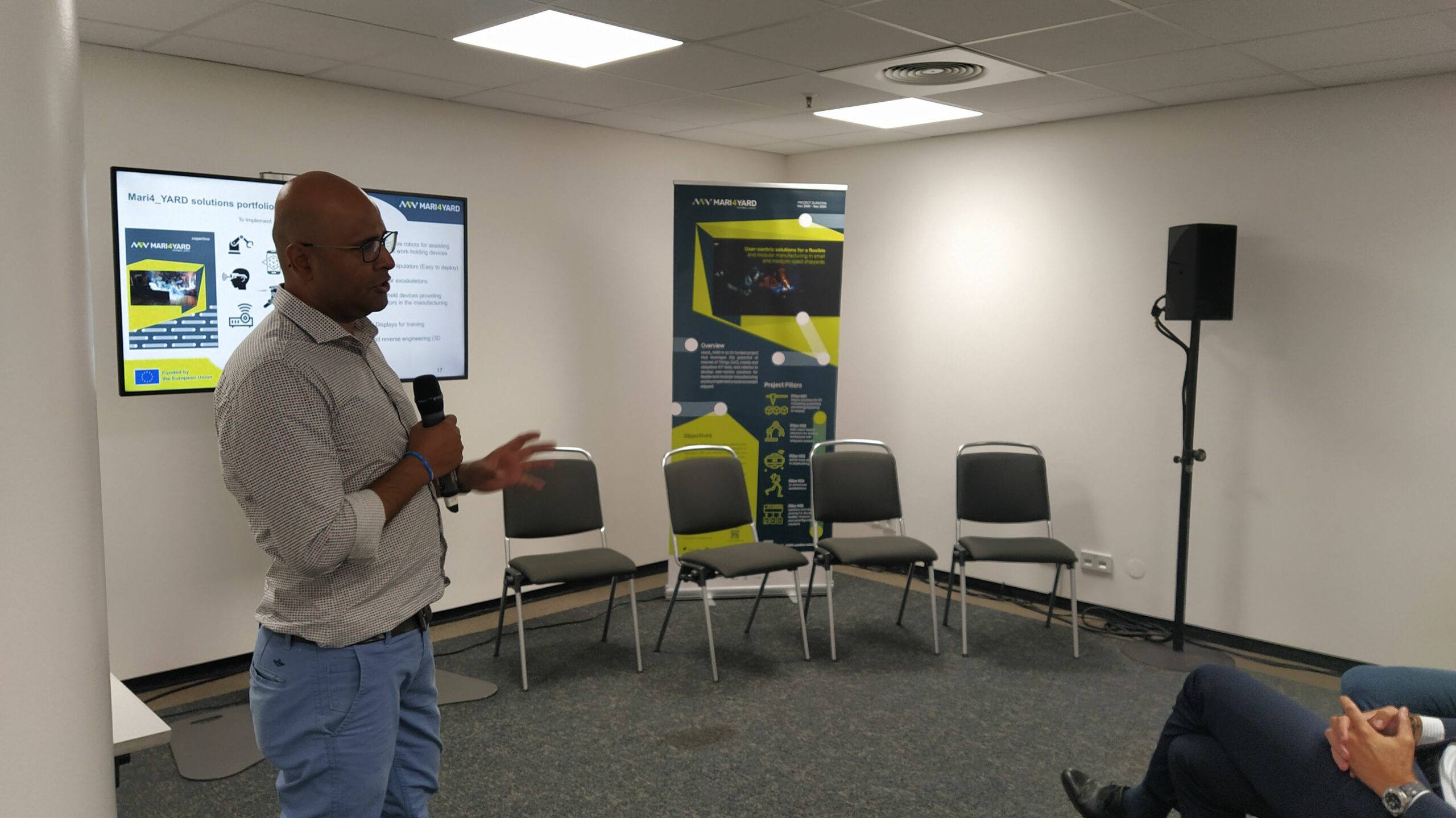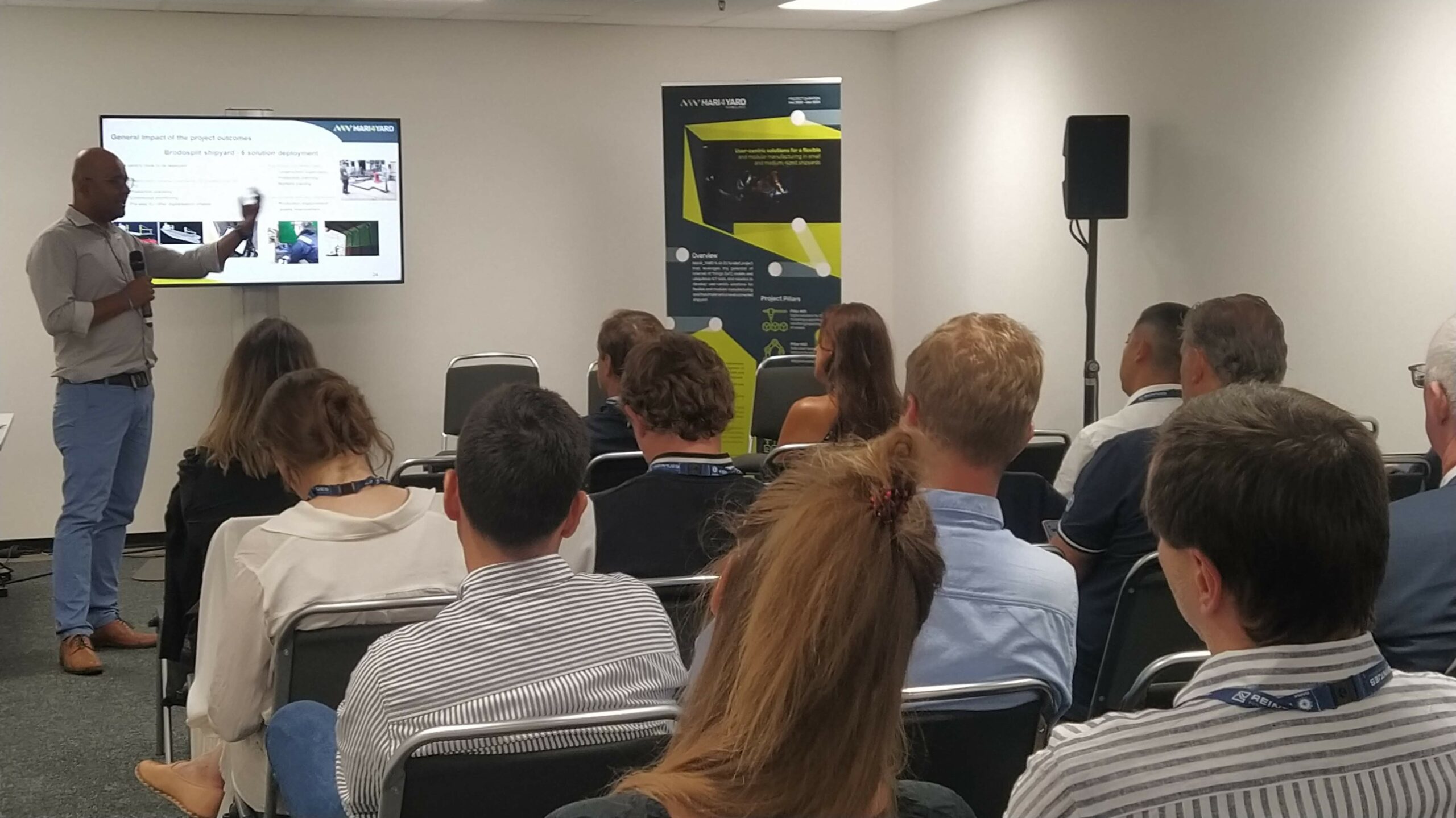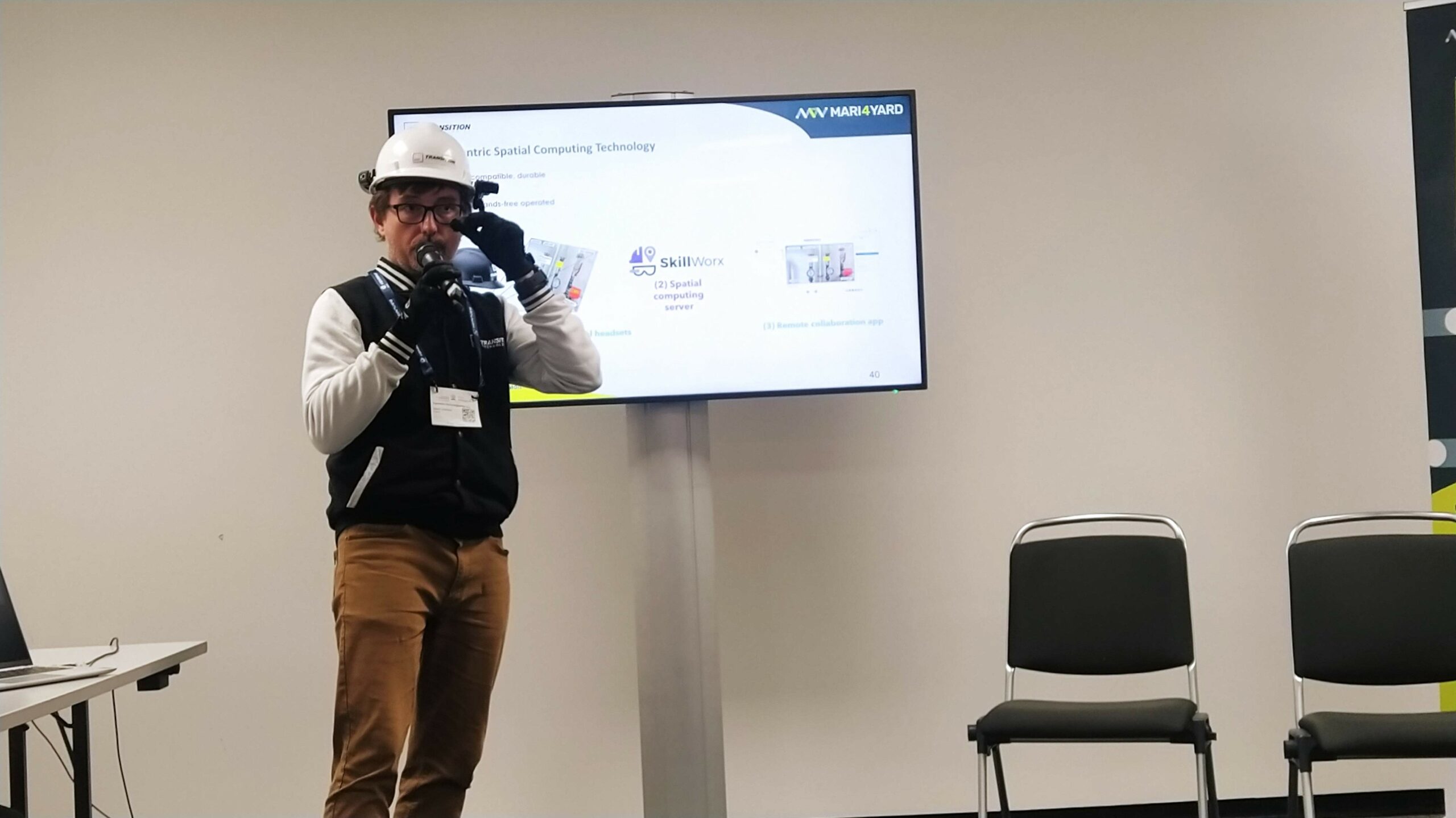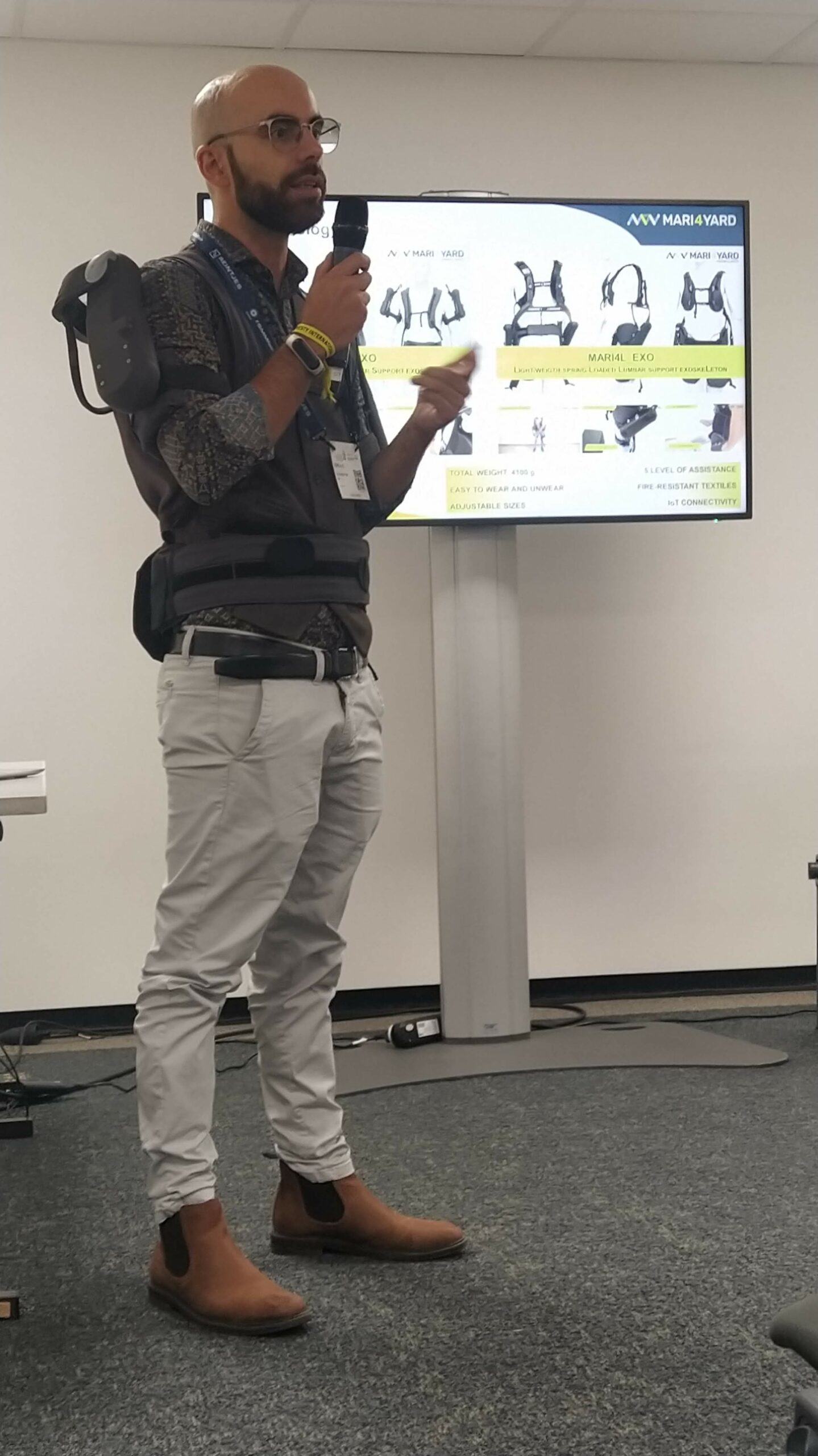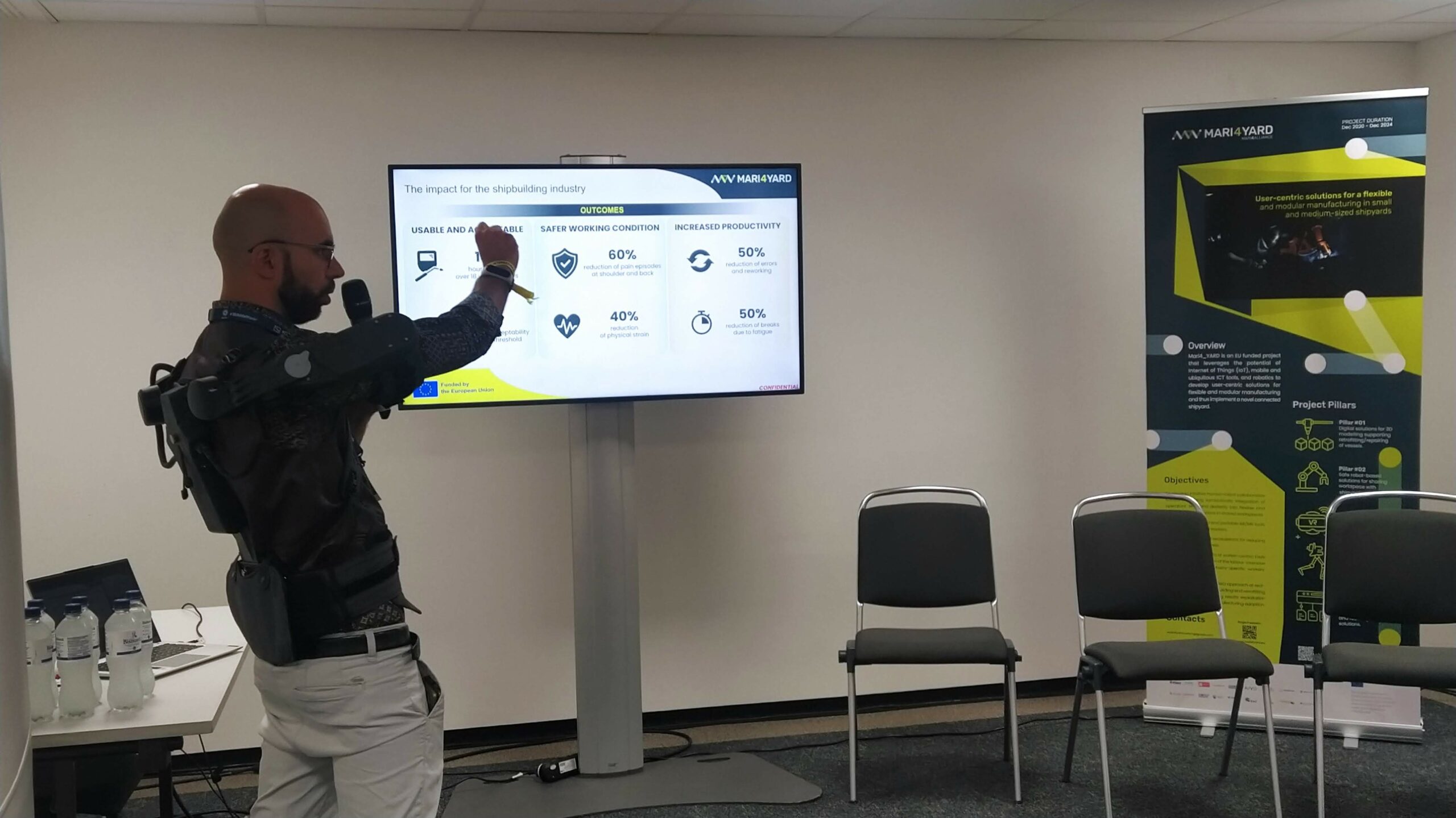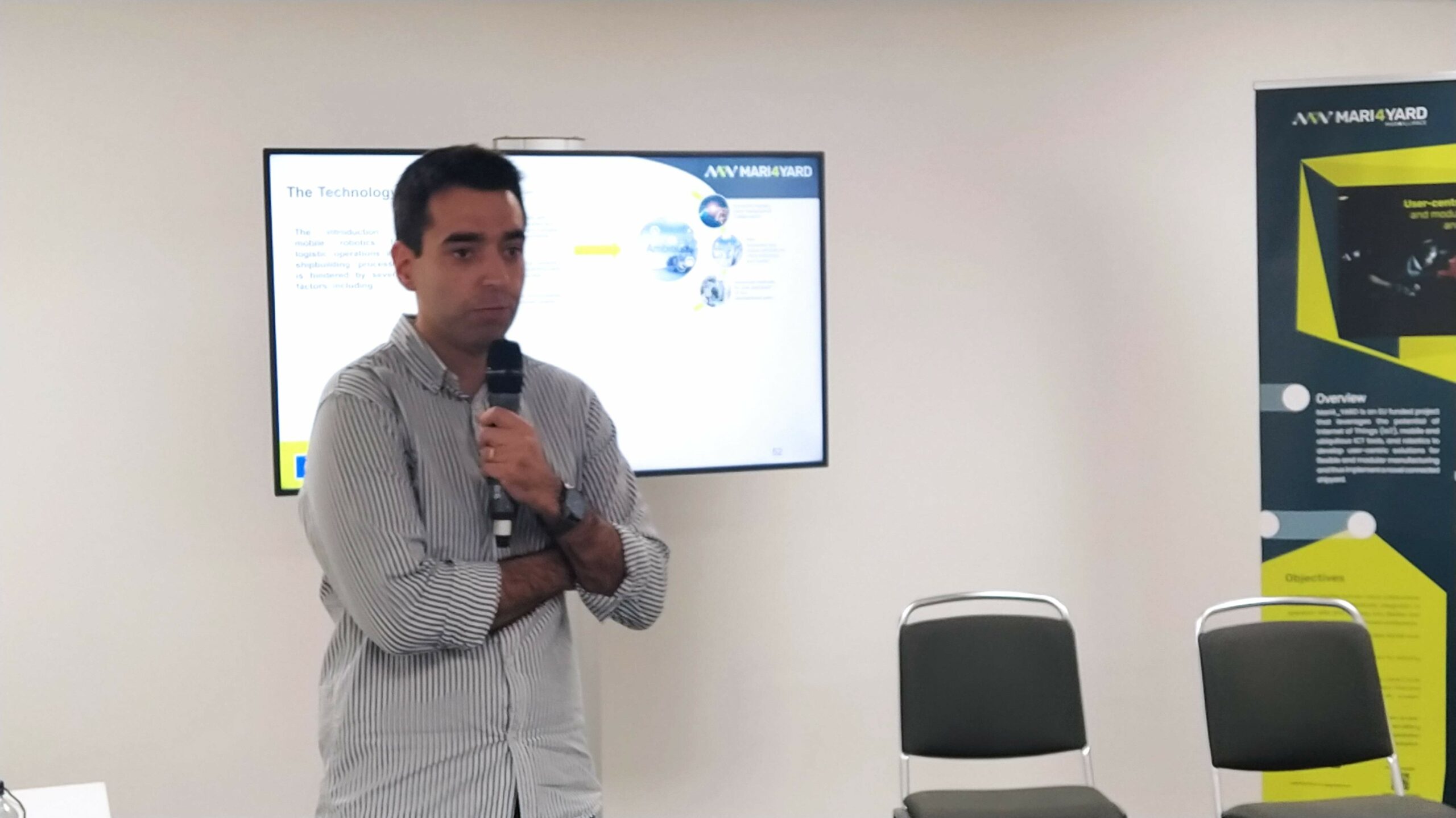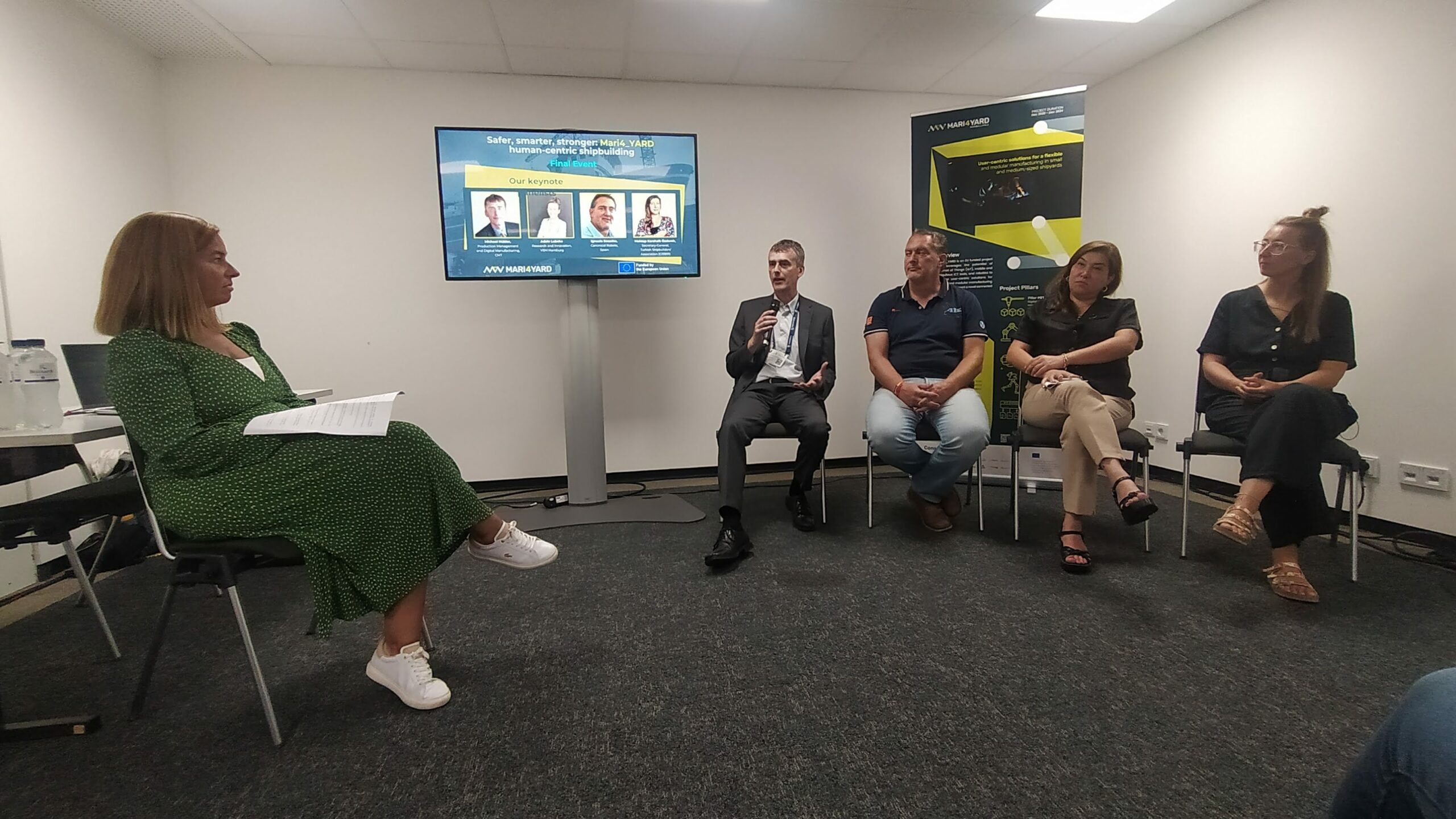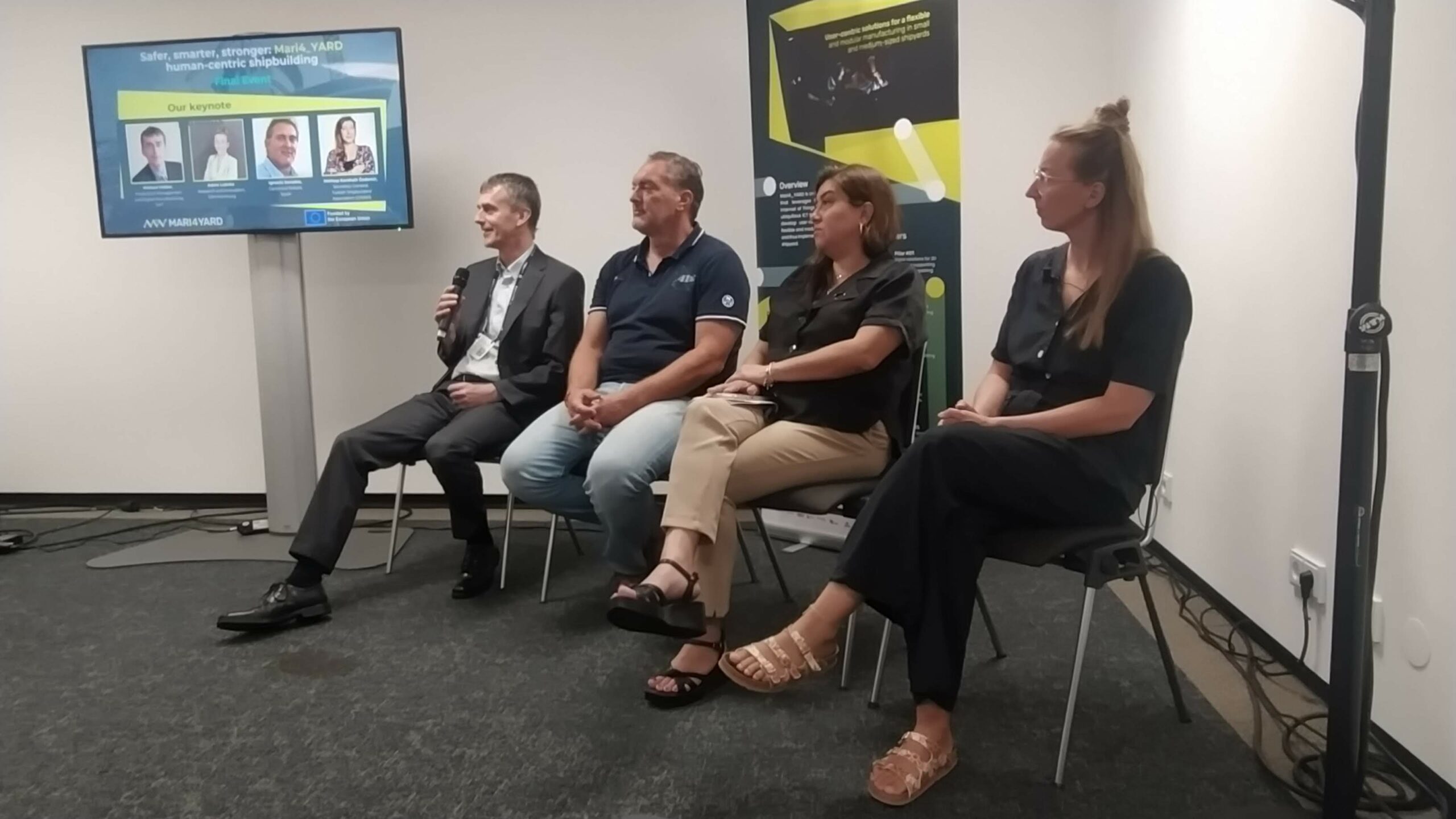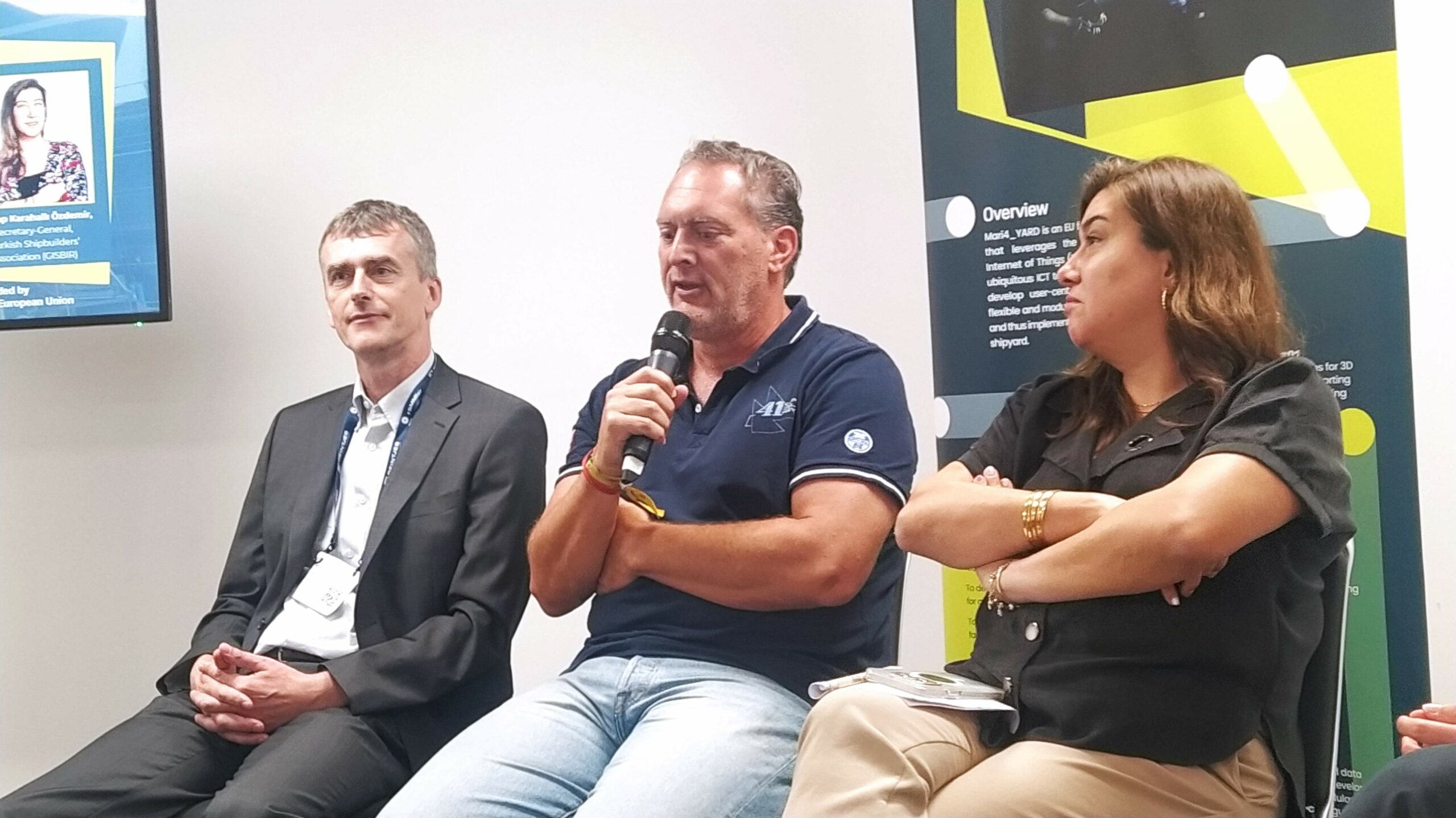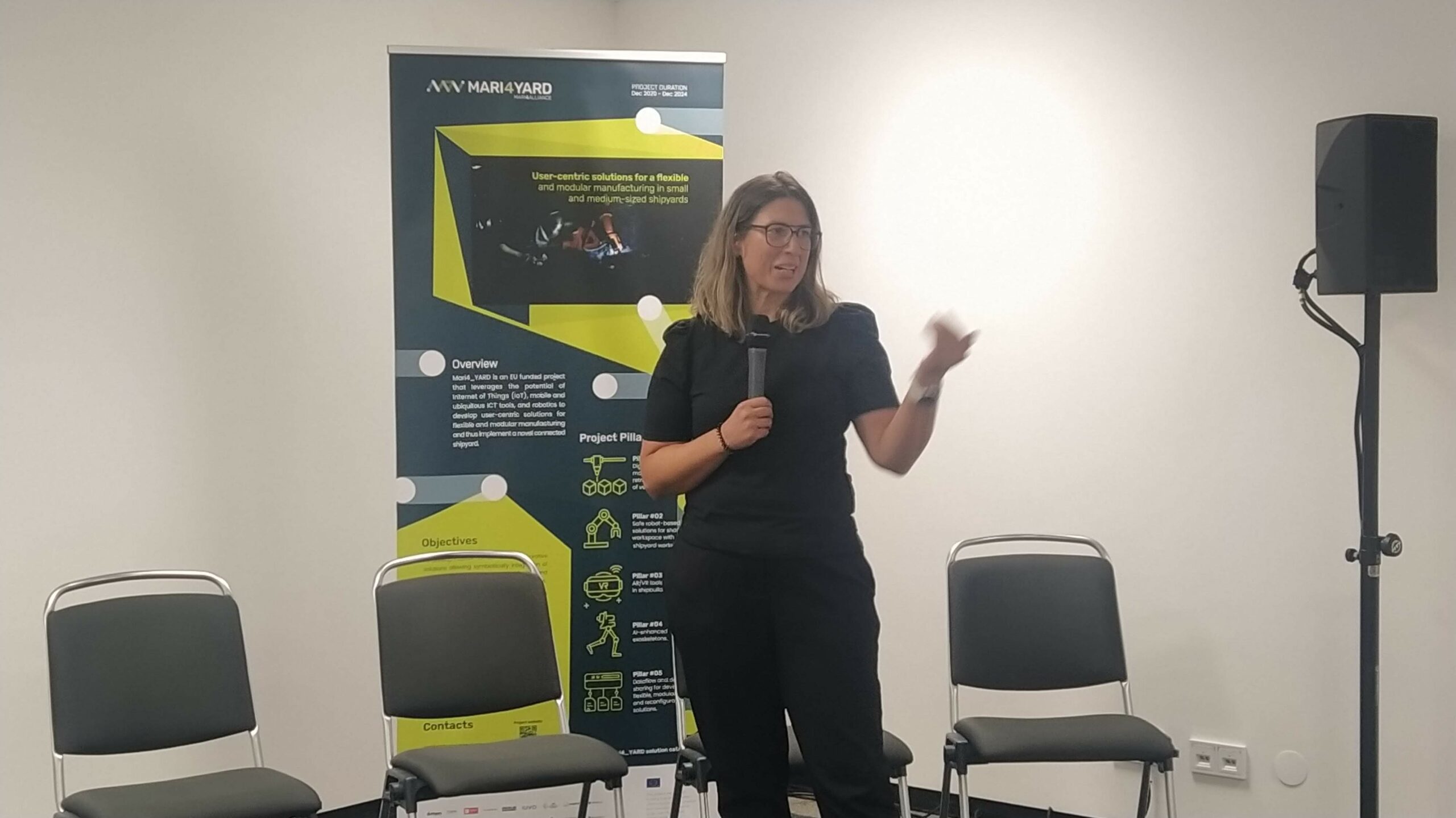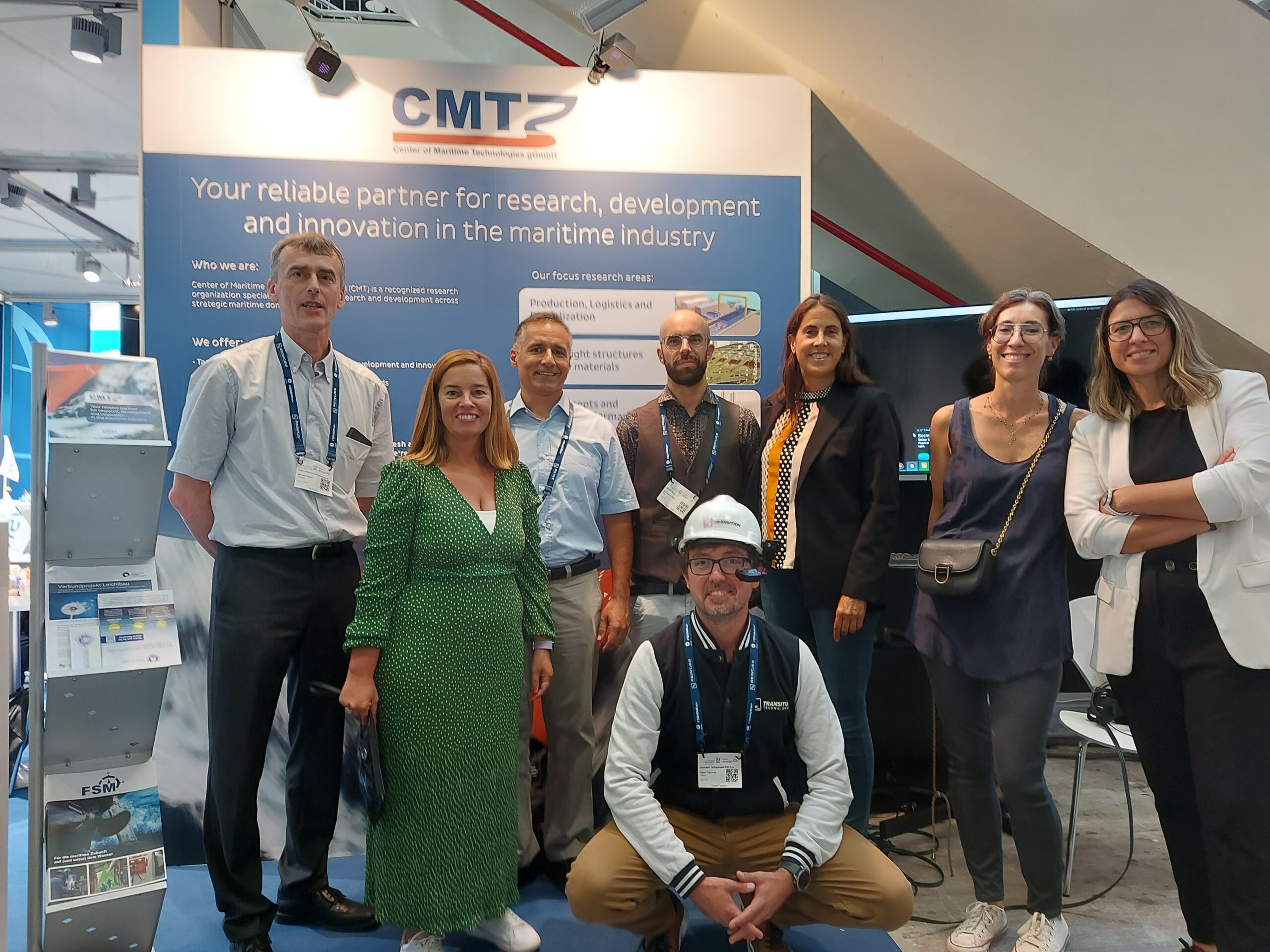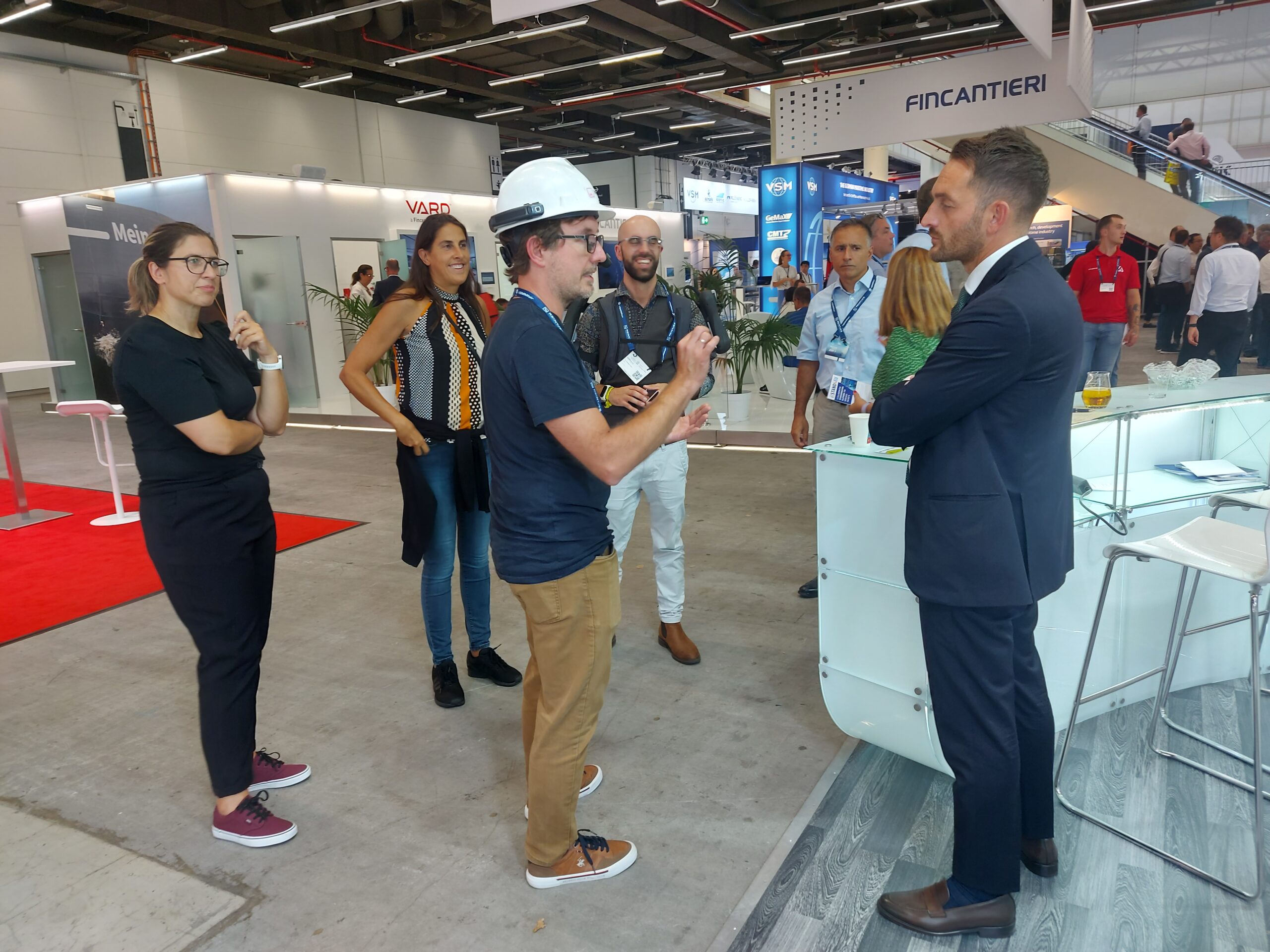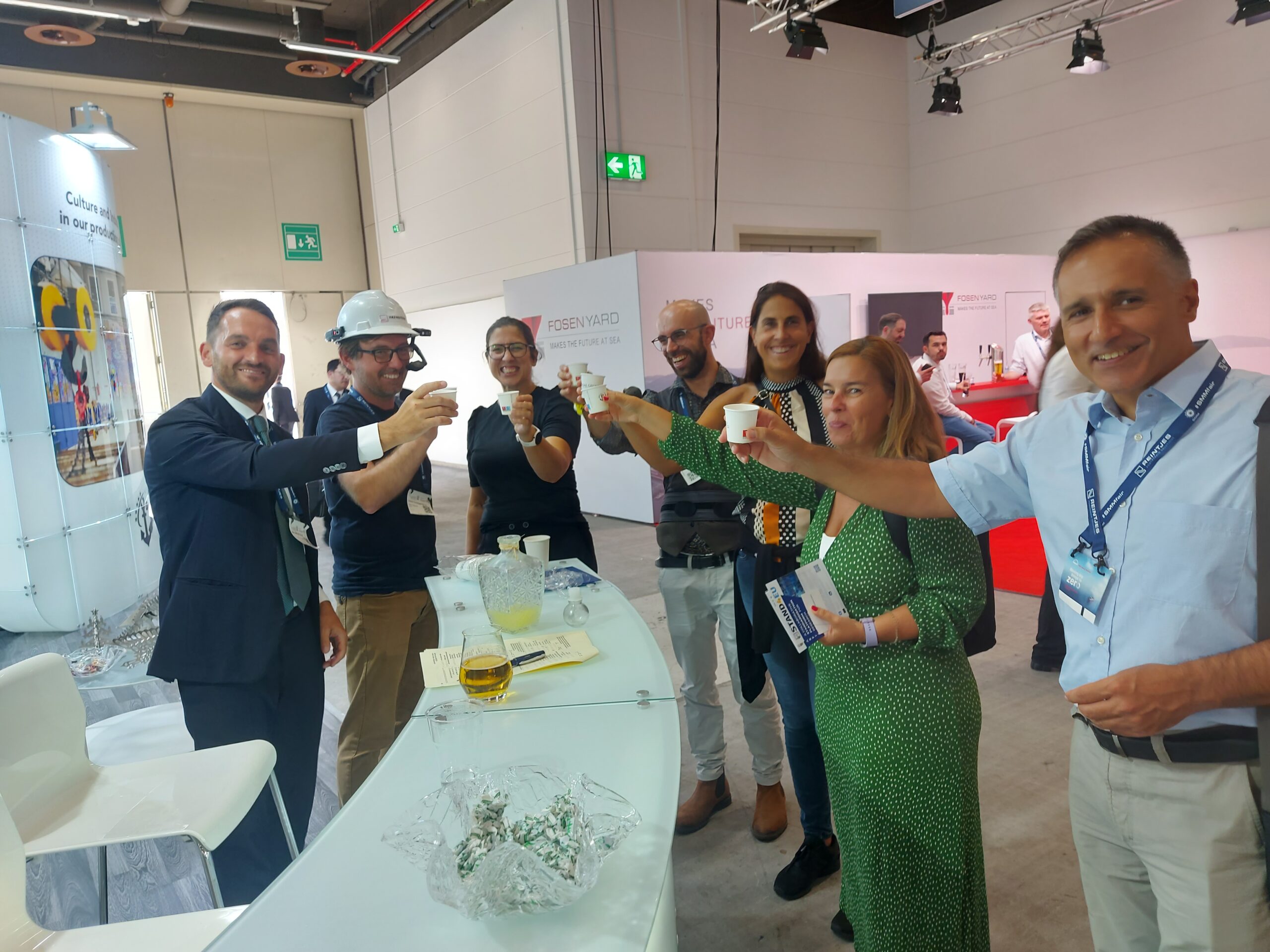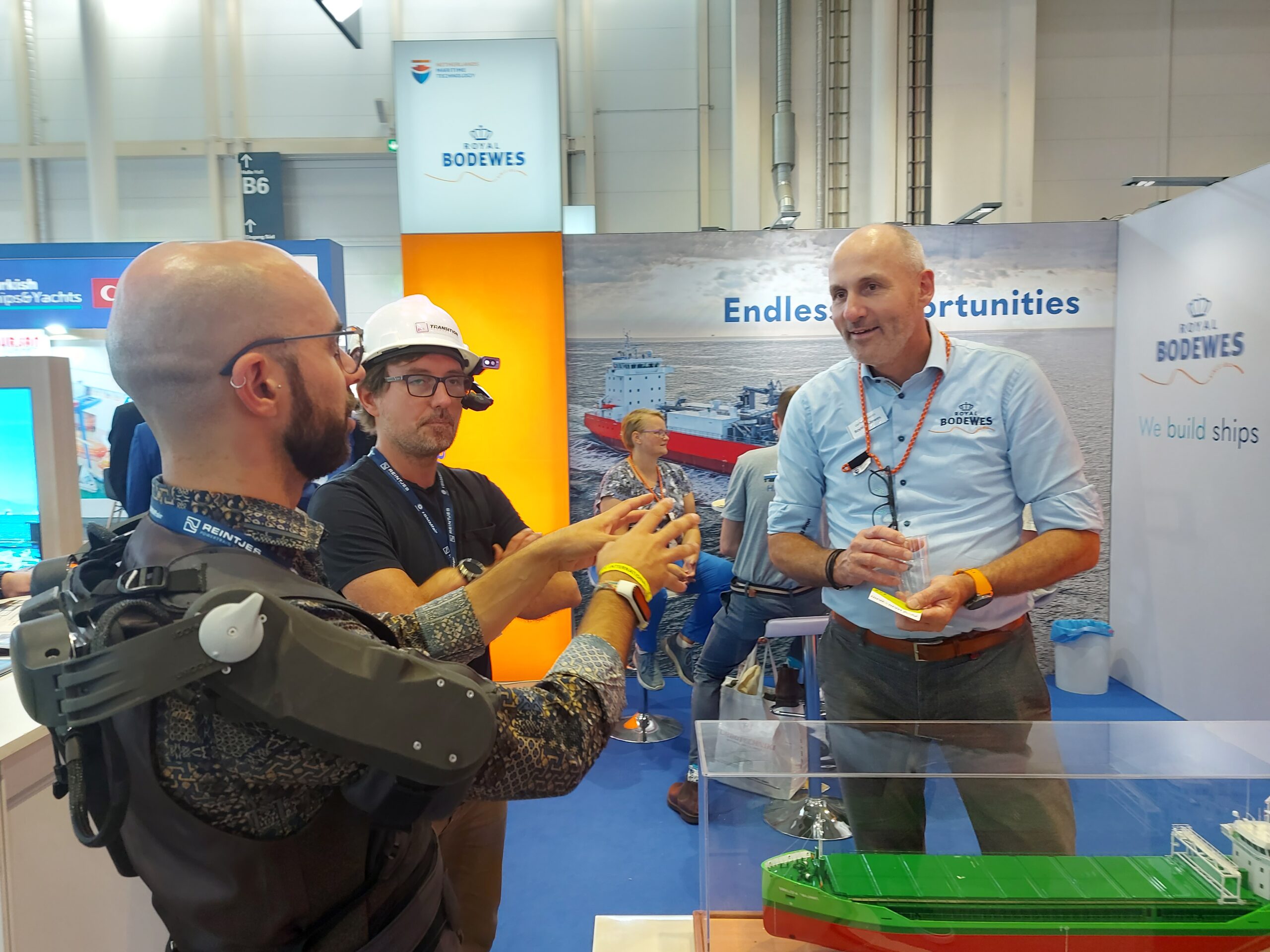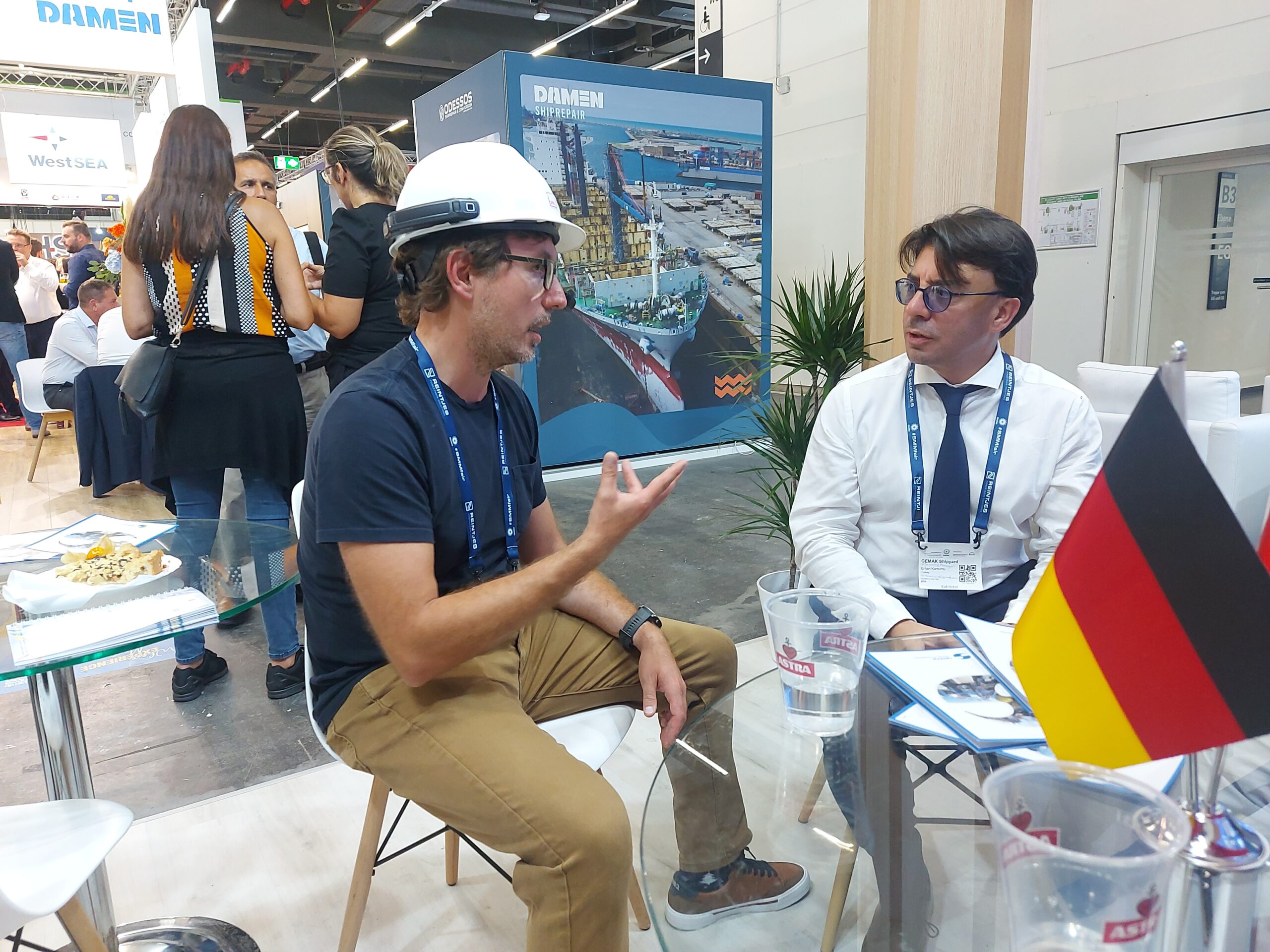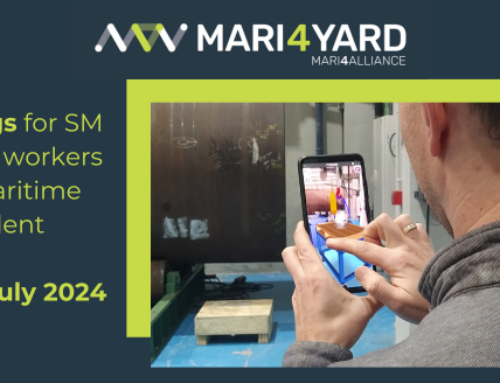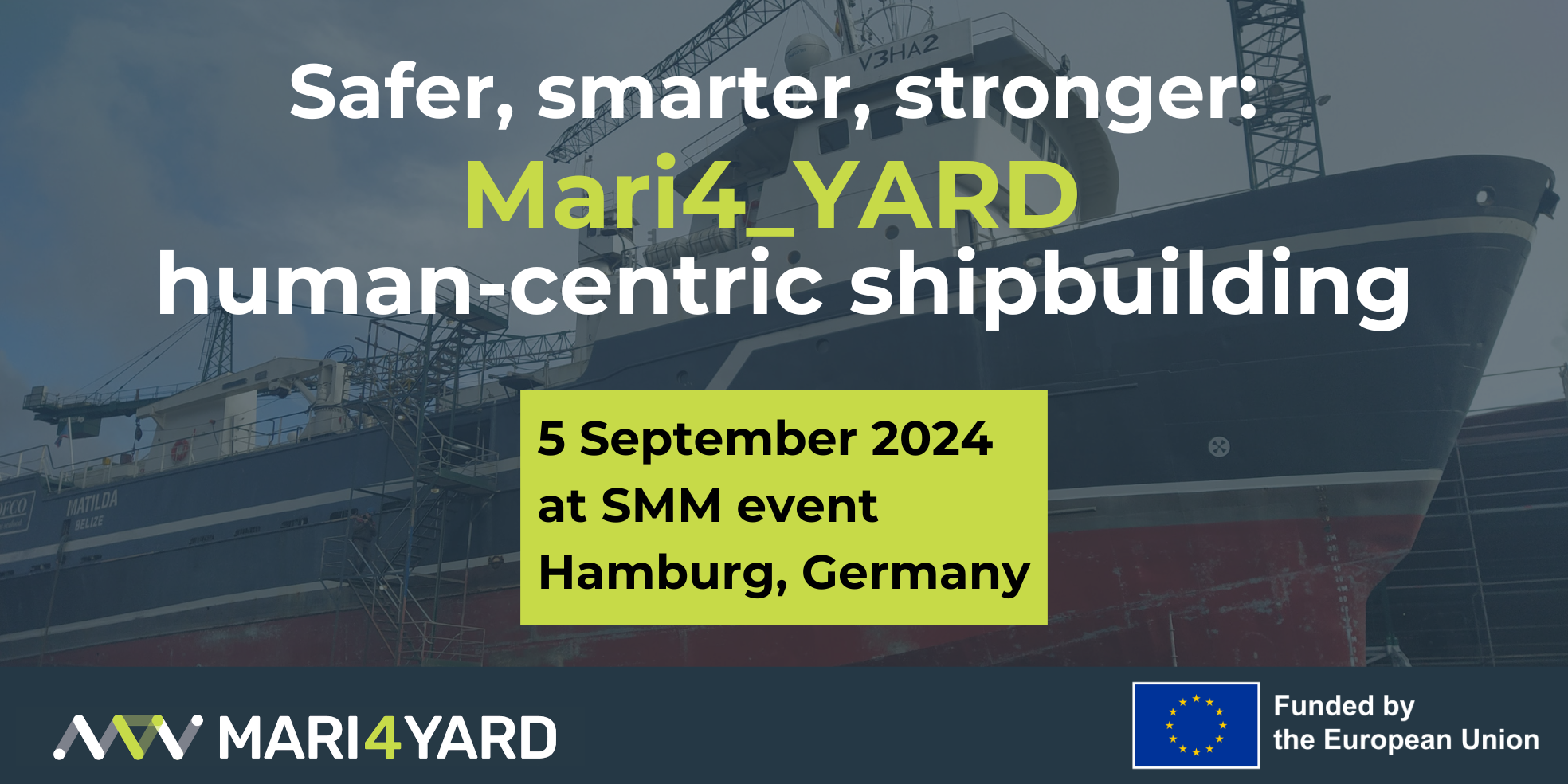
The shipbuilding industry is undergoing a significant transformation, driven by the integration of advanced technologies. However, this digital revolution faces challenges that extend beyond technological adoption. As discussed at the recent final event of the Mari4_YARD project, the key lies in shifting mindsets and attracting a new generation of skilled workers.
Overcoming Resistance to Change
One of the primary hurdles in the digital transformation of shipyards is the resistance to change among managers and operators. Convincing them to embrace new processes and technologies requires a concerted effort to demonstrate the benefits and address concerns. Mari4_YARD, a leader in this field, is taking a worker-centric approach to facilitate this transition.
Attracting Young Talent
Another critical challenge is attracting young people to the shipbuilding industry. Traditionally perceived as a physically demanding and outdated sector, it needs to showcase the modern reality, where advanced technologies are simplifying tasks and improving working conditions. By highlighting the ease of using new tools and the opportunities for innovation, shipyards can make themselves more appealing to younger generations.
Women in Shipbuilding
Our panelist also discussed the importance of increasing women’s participation in the shipbuilding sector. As Adele Lubcke from the Center of Maritime Technologies pointed out, sharing success stories and creating a supportive environment for women is crucial to fostering diversity and inclusivity. By highlighting the achievements of female workers, shipyards can inspire more women to consider careers in this industry.
Mari4_YARD’s Innovative Approach
Mari4_YARD is at the forefront of the digital transformation in shipbuilding, offering a unique approach that combines cutting-edge technologies with a focus on human well-being.
Key elements of the Mari4_YARD transformation process include:
- Human-robot collaboration: Robots are seen as tools to enhance productivity, not replacements for human workers. Safe interaction between humans and robots is a priority.
- Worker safety and health: Technologies like exoskeletons and high payload robots reduce physical strain and create a safer work environment.
- Cost-effectiveness: Mari4_YARD’s innovations are designed to be accessible to shipyards of all sizes, with a particular focus on SMEs.
- Reskilling the workforce: Training programs are offered to equip workers with the digital skills necessary for the future of shipbuilding (Shipyard 5.0).
The Future of European Shipyards
The final event provided valuable insights into the future of European shipyards. Top industry experts shared their visions, and live demonstrations showcased Mari4_YARD’s latest technological advancements in areas such as 3D modeling, digitalization, robotics, augmented reality, and exoskeletons. Attendees also had the opportunity to network with key players in the European maritime sector.
As the shipbuilding industry continues to evolve, Mari4_YARD’s approach offers a promising model for overcoming challenges and driving a successful digital transformation. By prioritizing human well-being and embracing advanced technologies, shipyards can position themselves for a prosperous future.
Gallery
